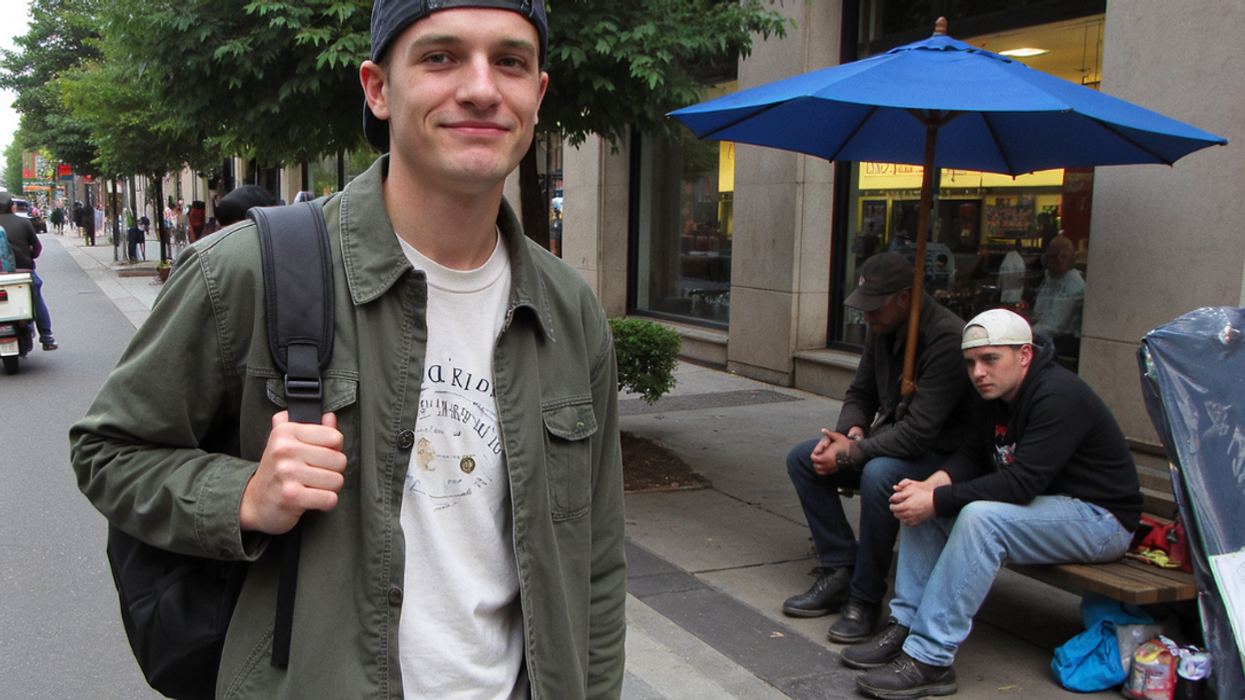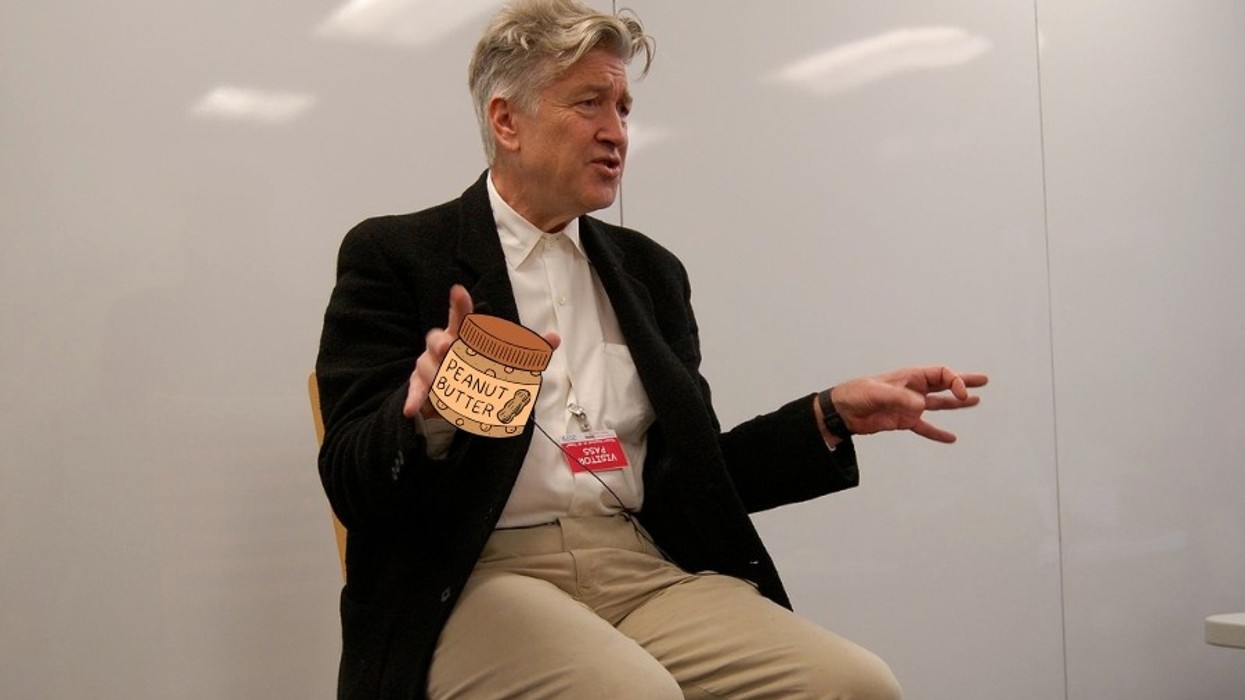From raging wildfires in California, to Hurricane Harvey in Houston, and historic flooding and winter storms in Boston, cities across the U.S. are on the frontlines of climate change impacts.
But they are also at the forefront of climate solutions.
A network of over 400 cities representing nearly 70 million Americans – the Climate Mayors network – is working collectively to advance climate initiatives even as the federal government takes a back seat.
“A year ago, when the president pulled out of the Paris Agreement, what he didn’t realize was he was lighting a fire under America’s mayors,” Boston Mayor Martin J. Walsh said during a recent Mayors Climate Summit held at Boston University.
[quote position="full" is_quote="true"]Washington D.C. may want to say climate change isn’t real, but we know it is, and you’re facing it every day.[/quote]
The summit brought together 25 mayors from cities around the country and abroad to share best practices and discuss how municipalities are moving forward on addressing the existential threat of climate change.
Despite the current state of climate denial gripping the federal government, the mayors at the summit spoke of the urgency of the climate crisis, referencing impacts already occurring in their cities.
“In Houston, we have to face the reality of climate change, when you’re dealing with three 500-year floods in three years … We don’t have a choice,” said Houston Mayor Sylvester Turner. “If we don’t move with a sense of urgency, then our cities will suffer.”
[quote position="full" is_quote="true"]No nation individually or even several nations working collectively can solve this problem for us.[/quote]
Former EPA Administrator Gina McCarthy addressed the summit, speaking of cities’ refusal to accept climate denial. “Washington D.C. may want to say climate change isn’t real, but we know it is, and you’re facing it every day,” she said. Climate denial, she quipped, is “sticking your head in the sand and guess what’s out there exposed – your butt! So we have to go kick a few butts of those who have their heads in the sand.”
Cities are already doing this, from setting clean energy and carbon reduction targets, to planning for resiliency, to working collectively with businesses and other municipalities to implement solutions.
Going renewable
Many cities are pledging to reduce emissions and get to 100% renewable energy.
Salt Lake City Mayor Jackie Biskupski said her city has a goal of 100% renewable energy for electricity by 2032, and has also committed to reduce carbon emissions 80% by 2040. Other cities are striving for carbon neutrality. Boston launched its Carbon Free Boston initiative in 2017, and Los Angeles just announced its plan to achieve carbon neutrality by 2050 at the climate summit. The Republican-controlled city of Carmel, Indiana, even passed a carbon neutral resolution in recent months.
Green electricity
Cities are coming together for a collective purchasing of renewable energy.
Boston is leading a new initiative challenging cities to evaluate opportunities for sourcing more green electricity by 2040.
“Today I’m proud to announce a historic initiative that could create green jobs, cut emissions and help us meet the goals of the Paris Agreement after all. We can prove to the president that renewable energy can power America,” Boston Mayor Marty Walsh said during the opening of the climate summit.
The Request for Information (RFI) will compile the energy demand data across participating U.S. cities and ask renewable energy developers for price estimates for projects that would meet their collective energy demand. “If successful, this will save cities, including Boston, millions of dollars,” said Mayor Walsh. Los Angeles, Chicago, Houston, and Orlando have already signed on.
Local resilience
Since local communities are on the frontlines of climate impacts, planning for adaptation and resilience is key.
Mayor Walsh mentioned several resiliency initiatives underway in Boston, including a seawall in East Boston, raising streets in Charlestown, and reconstructing parks in the North End. “The resiliency issue in particular requires a lot of planning,” said Bud Ris of Boston’s Green Ribbon Commission, a group that has worked extensively on the city’s Climate Ready Boston plan.
“What is needed going forward is a really concerted effort for the private sector and the public sector to work together on the finance strategy to implement the solutions.” In Houston, the City Council recently approved a new building standard for elevating buildings located in floodplains. The city is looking into other resiliency efforts as well. “We have to rise to the occasion from a local level to put in place mitigation and resiliency steps that will reduce our future costs,” said Houston Mayor Sylvester Turner.
Public-private partnerships
Another key strategy for cities is working collaboratively and forming partnerships with the private sector.
“In Kansas City, public-private partnerships are huge in our smart connected cities effort,” said Kansas City Mayor Sly Jones, referring to the Smart City program that includes improvements like more efficient and sustainable transportation and infrastructure.
[quote position="full" is_quote="true"]If we don’t move with a sense of urgency, then our cities will suffer.[/quote]
Salt Lake City is working with the utility company Rocky Mountain Power to bring more clean energy to the city, while other municipalities have partnered with GE Solar for a collective purchasing of large-scale solar projects. Cities are also working with one another to leverage resources and share ideas. The Climate Mayors network is central to this strategy. Last year the Climate Mayors, led by the City of Los Angeles, issued an Electric Vehicle Request for Information (EV RFI) with 30 other cities in efforts to aggregate municipal demand of electric vehicles across the country. The new Renewable Energy RFI follows this successful model.
These are just some of the ways cities are leading the charge on confronting the climate crisis.
“The innovation that will be generated largely in cities, that’s where the solutions will be found, that’s where the industries and jobs of tomorrow will emerge,” said Don Iveson, mayor of Edmonton, Alberta.
“No nation individually or even several nations working collectively can solve this problem for us,” added former Secretary of State John Kerry. “This has to happen from the grassroots up.”














